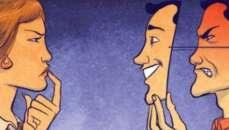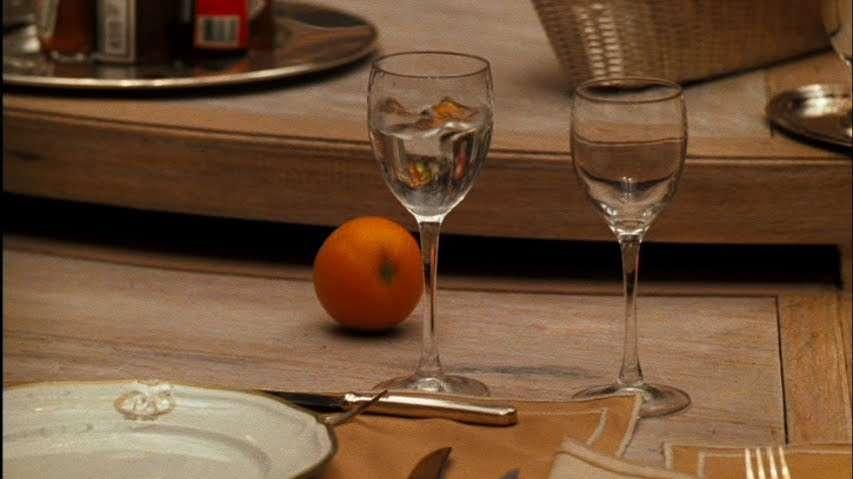




SEPTEMBER EDITION 2021




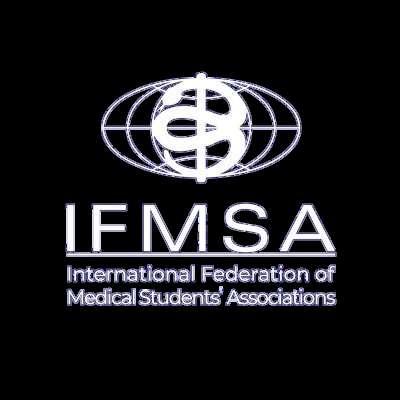
The International Federation of Medical Students' Associations (IFMSA), founded in 1951, is one of world's largest student-run organizations. It represents, connects, and engages every day with medical students from 135 Member Organizations in 125 countries around the globe Work is divided into four areas: Public Health, Sexual and Reproductive Health, Medical Education, and Human Rights and Peace. Every year, we organize 13,000 clinical and research exchange programs for students to explore innovations in medicine, healthcare systems and healthcare delivery in other settings; bringing people together to discuss and initiate projects for a healthier world. It trains its members to give them the skills and resources needed to be health leaders. It advocates for the pressing issues that matter to us to shape the world we want. And it does deliver: our projects, our campaigns and our activities positively impact the physicians-to be, the communities they serve, as well as the health systems around the world in which they practice as a trainee and eventually a medical doctor.
IFMSA has been run for and by medical students on a voluntary basis; showing that they are not passive in a globalizing world, but have a powerful role to play in global health and show them that their goals can be achieved with knowledge and commitment. In IFMSA, the emphasis is placed on students returning to their local environments with new ideas and the skills to implement them. As the doctors of tomorrow and future leaders of health, we feel confident that our students will carry this spirit with them throughout their professional lives.
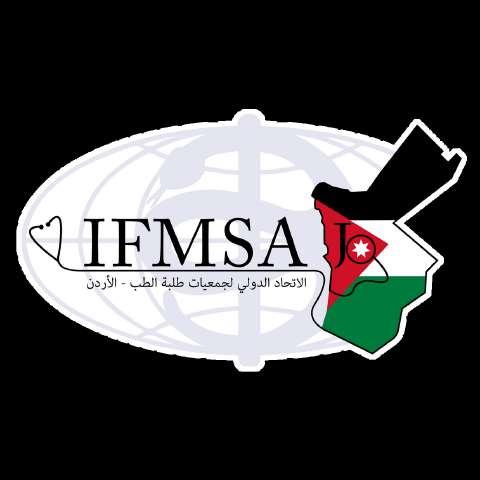
In 2006, the Jordanian National Member Organization joined the IFMSA global entity. Ever since, IFMSAJo has served our community through multiple activities, divided into four main global health areas: Public Health, Medical Education, Human Rights and Peace, and Reproductive Health. One of the aims of IFMSA-Jo is to motivate medical students in all medical schools around Jordan to get involved in their communities through active participation in voluntary work, and to provide them with the necessary tools and skills to become successful future doctors and health leaders.
It is guided by the vision of serving our community and reinforcing Jordan’s national health through igniting and uniting the knowledge and potentials of medical students. Our mission is to empower our members to use their knowledge and capabilities, whilst providing a link between members, medical students associations, and national and international organizations to encourage the cooperation between them for the ultimate benefit of society.
IFMSA-Jo is composed of a National Committee and six Local Committees in the following universities; University of Jordan, Jordan University of Science and Technology, Mutah University, Yarmouk University, Hashemite University, and AlBalqa Applied University.

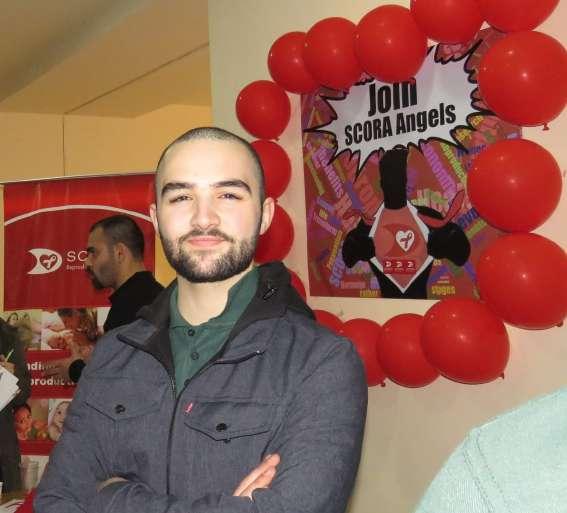
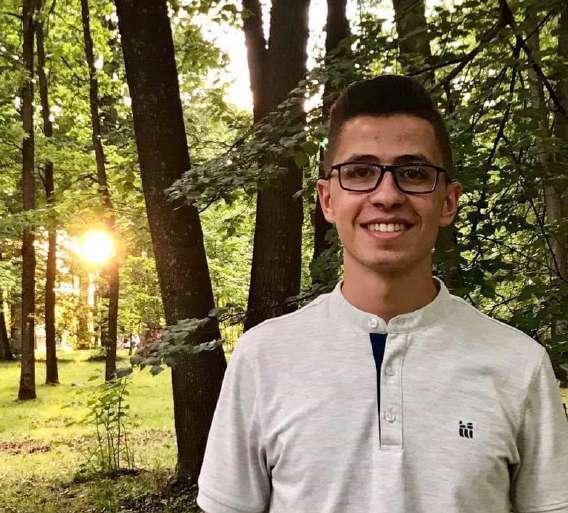

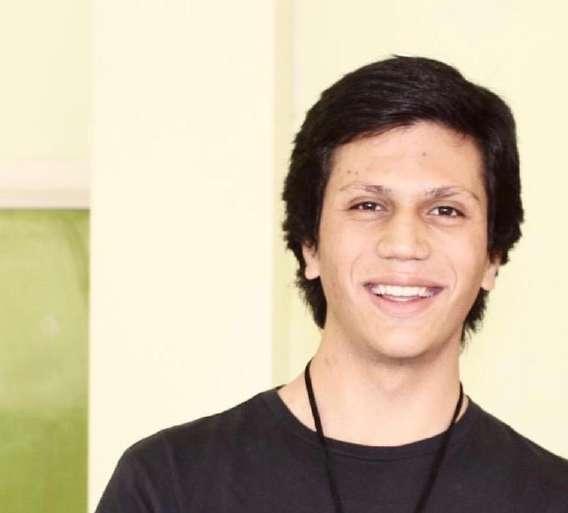
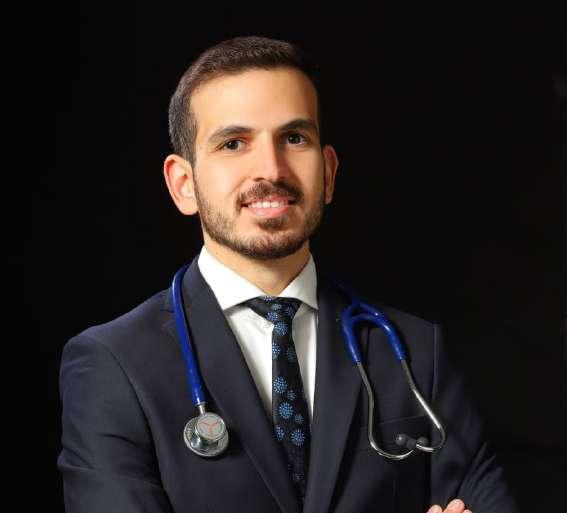
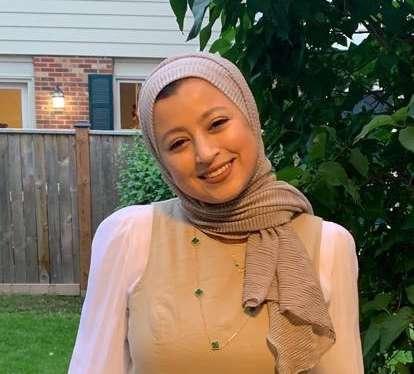

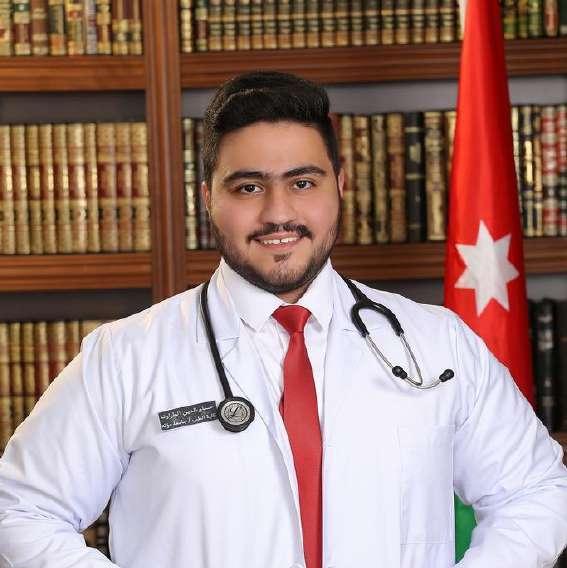
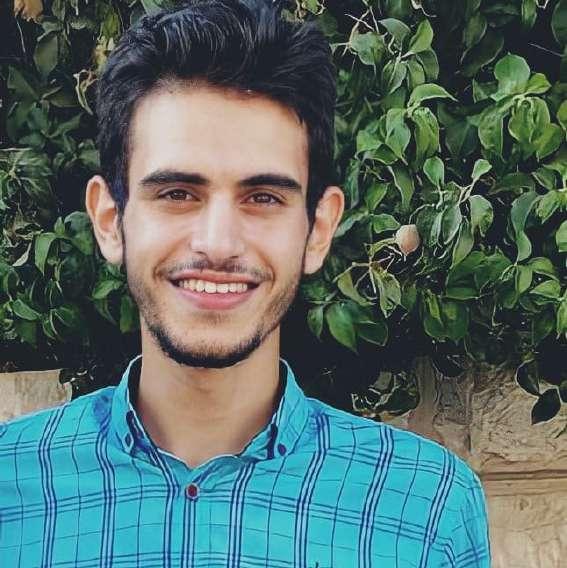
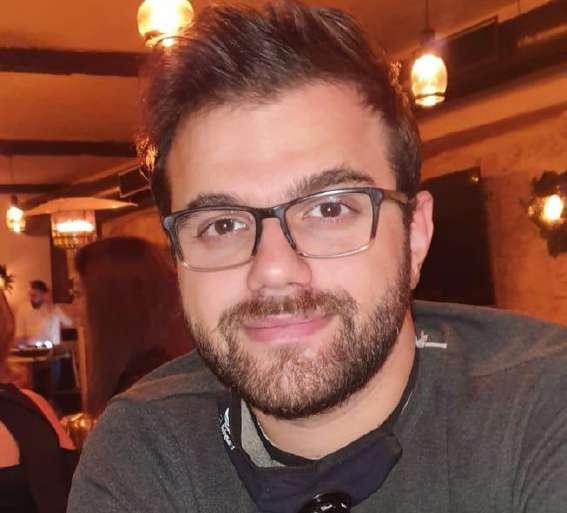

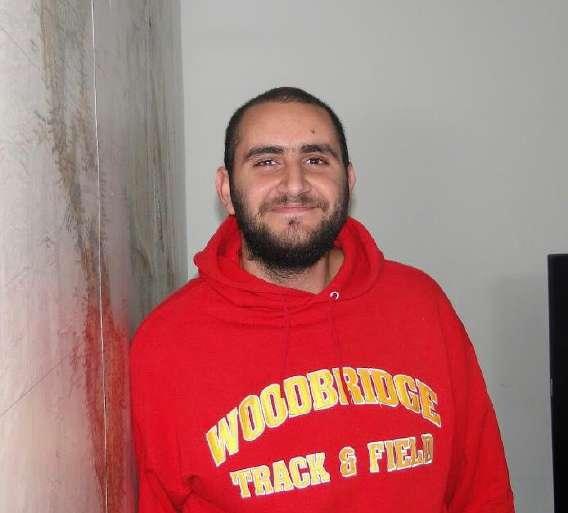
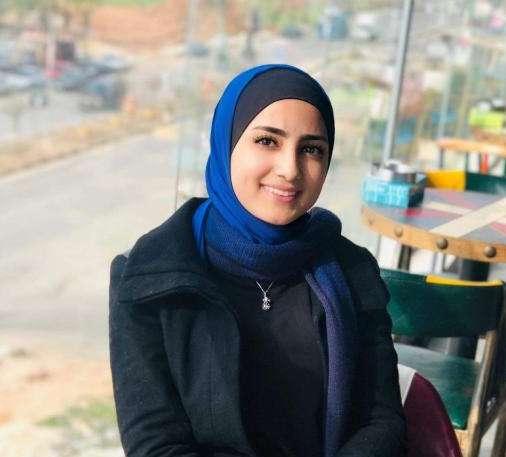

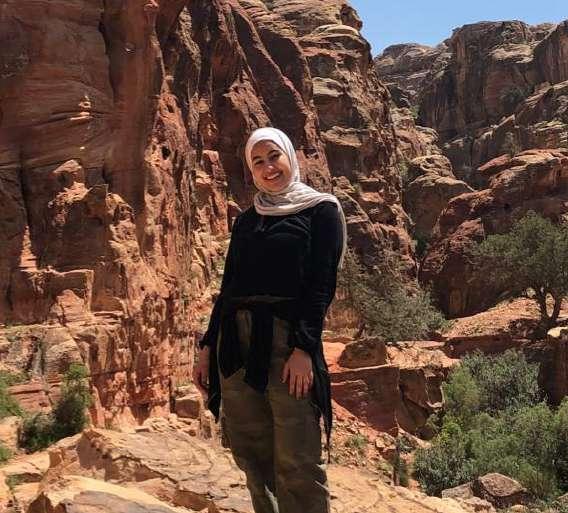
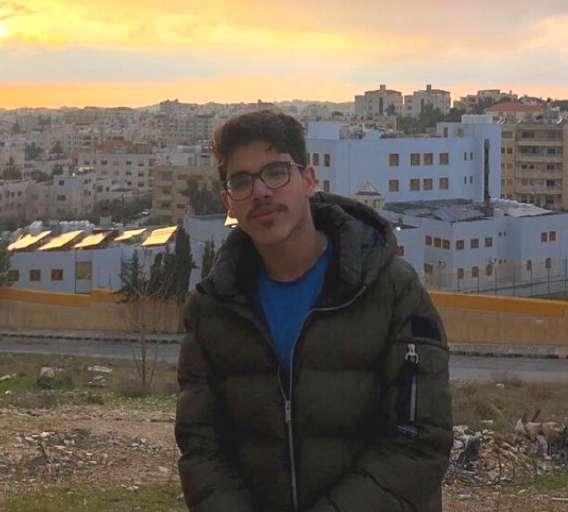
SUPPORT DIVISION DIRECTORS
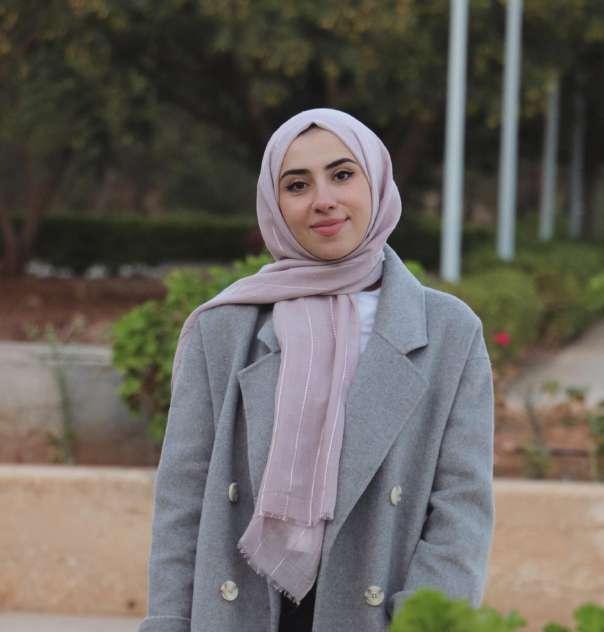
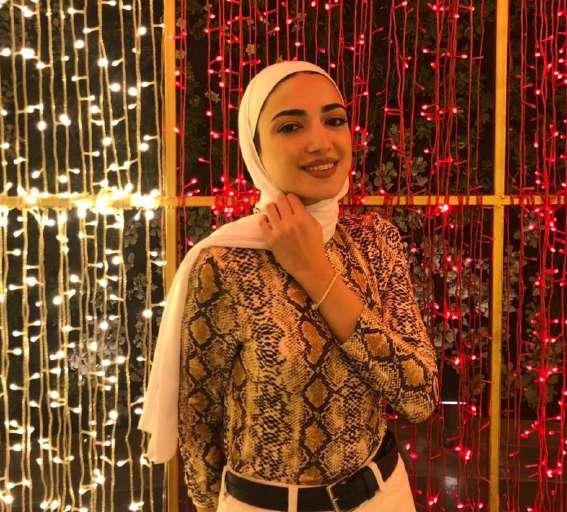


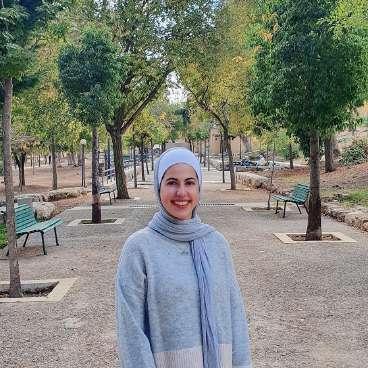

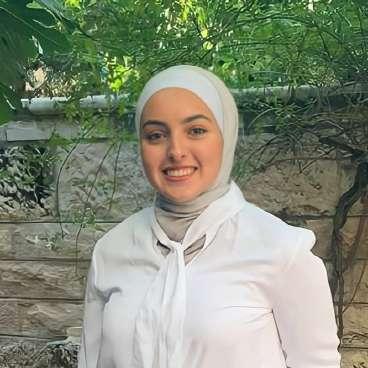


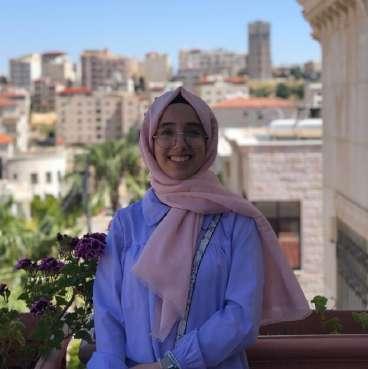




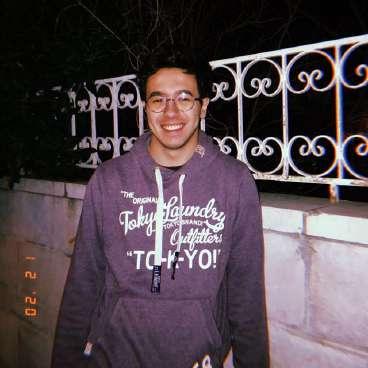


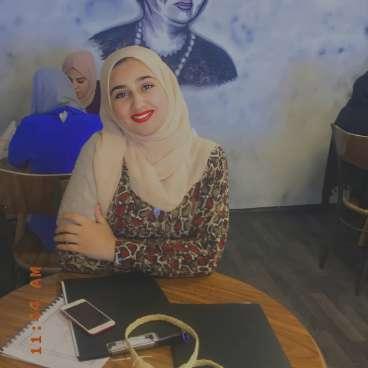

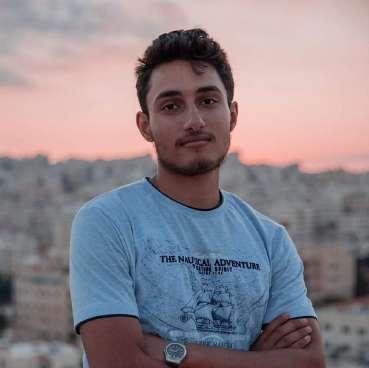

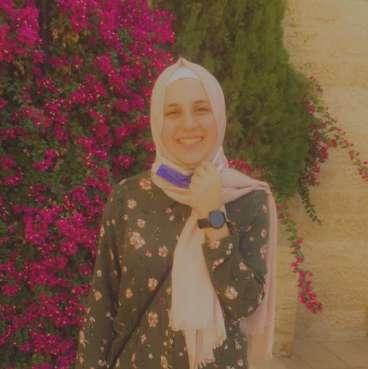



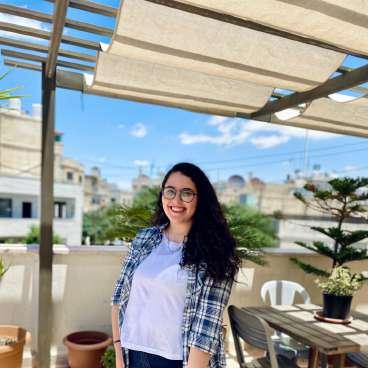

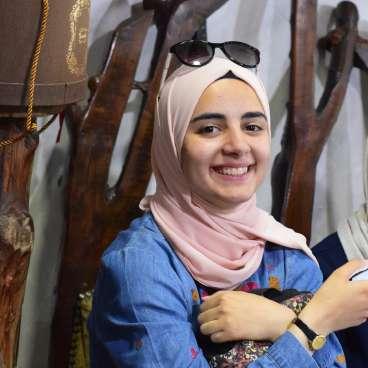



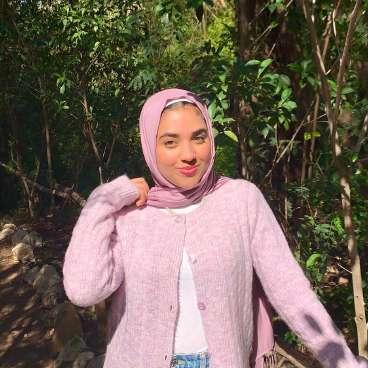





Dear Future Leaders,
Eric Holst, the first president of IFMSA, once said:
“The impossible we do tomorrow. Miracles may take a little longer.”
Life is made for people who are crazy enough to believe that they can change the world. Who would have thought that medical students, the young and courageous leaders of IFMSA, would have such an impact in changing the world by building the largest student organization!
Our efforts in IFMSA-Jo are also huge. We’ve aspired many people to become greater versions of themselves, helped battle the struggles our country faces head-to-head, and excelled in managing them. We’ve established a very solid organization that believes in community service and building a more socially-accountable medical student; equipped with skills in handling all the issues they might face as future leaders. Our organization has also provided our society with health care professionals that serve as role models for advocacy, education, collaboration, and management.
Mark Manson once said “Who you are is defined by what you're willing to struggle for.” We believe that everything in life requires three things; vision, passion, and courage. It takes courage to apply as a leader, OC, or even a volunteer in a project. It takes courage to take any step in your career actually. However, courage alone is insufficient. It has to be fueled with passion, otherwise you’ll end up being burdened rather than having fun in doing what you’re doing. Finally, you need to have a vision in mind in order to direct your passion and courage the correct way.
As IFMSA-Jo’s Supervising Council who have witnessed different eras in IFMSA-Jo, and you can be assured that we are further evolving as an organization; which is all thanks to the efforts of IFMSA-Jo’s passionate members. We wish you leaders a happy reading of this magazine. We would also like to express our sincere gratitude to the CPRSDD and her team for putting together an amazing piece of work. Keep doing what you love.
- IFMSA-Jo Supervising Council (Husam AlTarawneh, Abdallah Alzoubi, Mohammad Zaidan)
IFMSA-Jo CPRSDD
Life has chapters that eventually end at a place and time, and ever since I became aware of this; I hated farewells with a passion. So, as I’m nearing the end of the 2020/2021 term and also being in my final year in medical school, it is no easy task writing this message for our members.
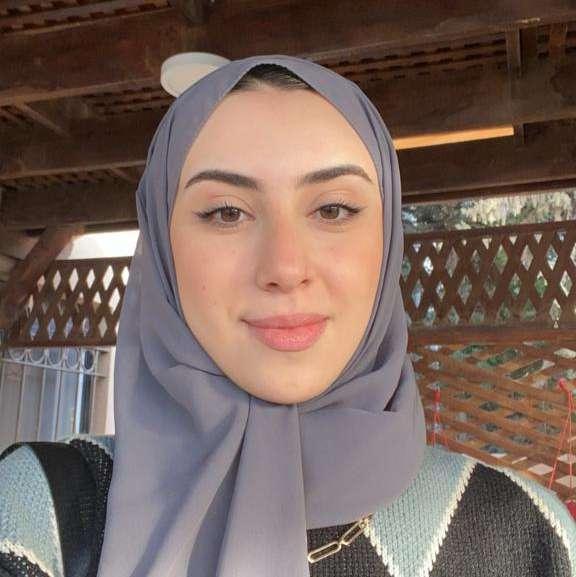
I have a very long and eventful history with IFMSA, and I can proudly say I made the best memories as a member of IFMSA-Jo. My medical school journey wouldn’t be as memorable without the beauty of volunteering and being in my LC’s TO and National TO. To cut it short, if you’re a first year medical student reading this magazine, you are doing the right thing. Keep going and don’t be afraid to throw yourself into whichever project you find interesting. You will be surprised by your growth on a personal and professional level just because you stood in front of people you don’t know and distributed brochures for breast cancer awareness and screening (for example).
This term was fruitful to say the least, I got to experience being in a national position and working with members from all around Jordan. We worked through difficult conditions due to the still on-going restrictions with COVID19. Thankfully, the circumstances are becoming better as the months go by. It also brought me great happiness being in NGA XIX where all events were offline, and it felt like a breath of fresh air to go back to the way NGA’s have always been!
As it is now time for the September issue of the IFMSA-Jo biannual magazine, we decided to choose 3 themes as well. The first theme of this magazine discusses NGA XIX’s theme; ‘Human Rights’. As we all know, us humans have fought for our rights ever since existence. There are still many fights that remain, so, we encouraged our members to write articles discussing topics in human rights.
The second theme is ‘Life as a Medical Student’. Being in medical school is a life-changing decision, and all of us witnessed changes on different levels; personal, interpersonal, etc.. Therefore, we told our members to write about these changes, what they are, and if they were for the better or worse!

The last theme is ‘Emotions; Suppress or Express?’ This theme is for our deep thinkers, who wrote about the different ways of handling one’s emotions. This can be different for everyone, which is why it’s so interesting to read about your different point of views!
Make sure to also check out the ‘LC Recaps’ section. Our Local Committees have done an exceptional job in working on multiple projects that tackle different issues relating to our 6 standing committees, and our local CPRSDDs have worked hard to put together recaps so you can read all about their LC’s achievements!
I would like to thank the national publications team, who once again proved their great ability of showcasing their talents in writing, editing, and designing this magazine. We have a treasure of literature enthusiasts and expressionists here in IFMSA-Jo and I feel honored to have worked with them during the 20/21 term.
I’d also like to thank IFMSA-Jo’s TO for being the kindest and most enthusiastic team to work with. There is no doubt that I felt like I was part of a big family during this term, and I truly wish each of them the best of luck in their future endeavors.
Like I said before, you will realize how quickly you can grow during your journey with IFMSA, make sure to cherish every second of it.
So, grab a coffee, sit comfortably on your sofa, and have a good read!
Until next time, goodbye!

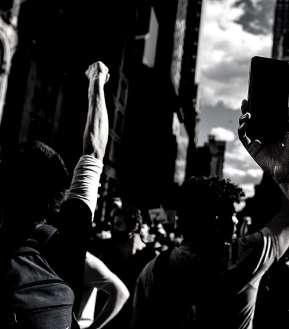
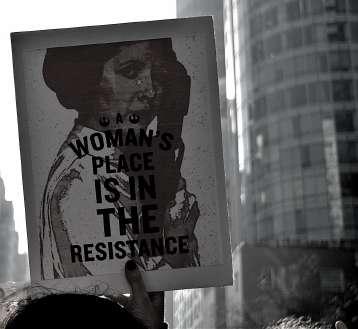
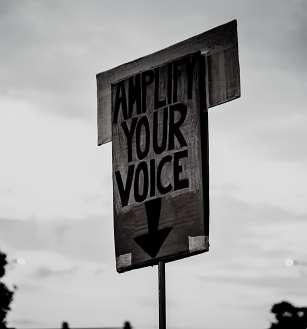
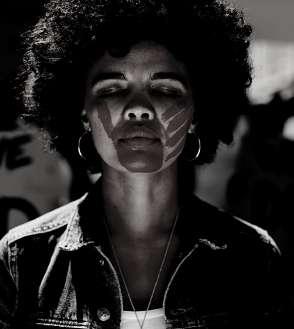
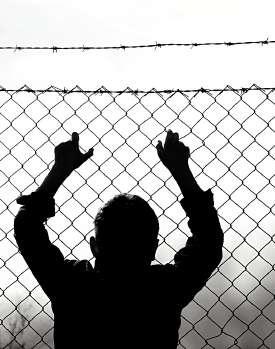

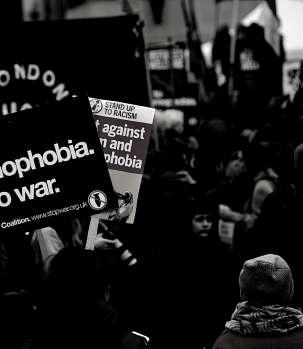

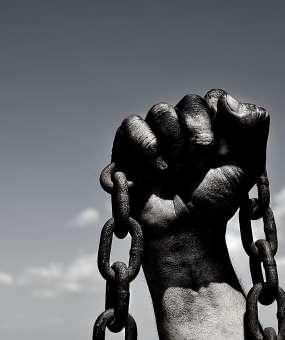
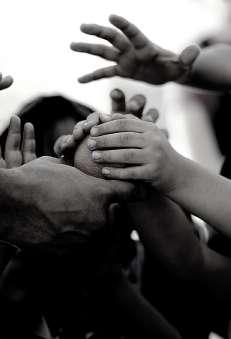
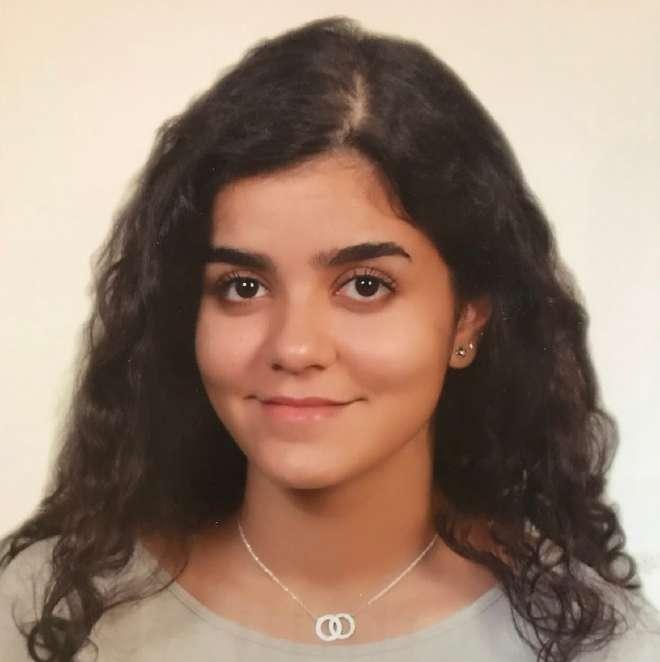
Dima Jiad
Nelson Mandela was undoubtedly one of the 20th century’s most most prominent and influential leaders. His name is almost syno synonymous with the universal struggle for human rights, for justice an justice and dignity, and equal opportunities for all. His staunch oppo opposition of the racist apartheid regime in his native South Africa landed him twenty seven years in prison, only to be elected President and to advocate for forgiveness to the proponents of apartheid and oppression. Although he is less known for his contribution to healthcare both in his country and on a global scale, his influence has been monumental, but overshadowed by his political achievements.
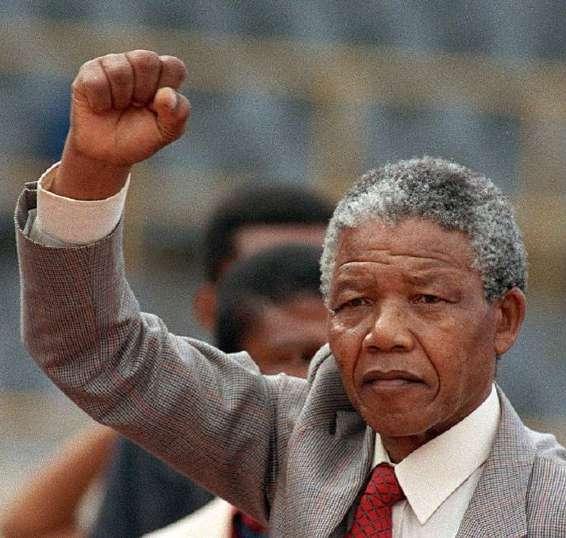
In the simplest of terms, the end of the apartheid regime in South Africa brought a revolution in healthcare in the country simply due to the abolishment of segregation. People of all races had access to the best quality resources available. There were no longer white ambulances and non-white ambulances, segregated labour wards, and second class care for people of non-white race. All citizens had equal access to healthcare services provided by the government, as Mandela believed that healthcare was a universal human right for everybody, including, and especially, the very poor. To further emphasize this, during his time as President, his government adopted a new constitution that aimed to improve quality of life for all citizens of his country.
During Mandela’s time in office, HIV infection rates were doubling in the African continent, and he witnessed the rise of the AIDS epidemic, the impact of which led to his greatest contributions to health on an international scale on the subject. Now an international figure, Mandela used his celebrity and influence to battle the stigma around AIDS, which is arguably his most significant contribution to public health worldwide. According to Michel Sidibe, the head of the UNAIDS, Mandela’s influence “helped save millions of lives and transformed healthcare in Africa”. Among his strongest beliefs was that eradicating the stigma around AIDS was a crucial step to controlling the spread of HIV and to propagating its treatment, a belief which ultimately turned out to be true as many world leaders were influenced to take measures to screen and provide retroviral therapy for HIV positive individuals. So strong was his belief that when his son died in 2005, he called on reporters to tell them that his son died of AIDS, proof of his personal dedication to remove the taboo around the condition.
Public health is only one small chapter of this man's colossal legacy. His compassion for others and inspiring leadership, along with his contributions to the health of all people, will undoubtedly leave their mark on generations to come and pave the way for better healthcare access for all.
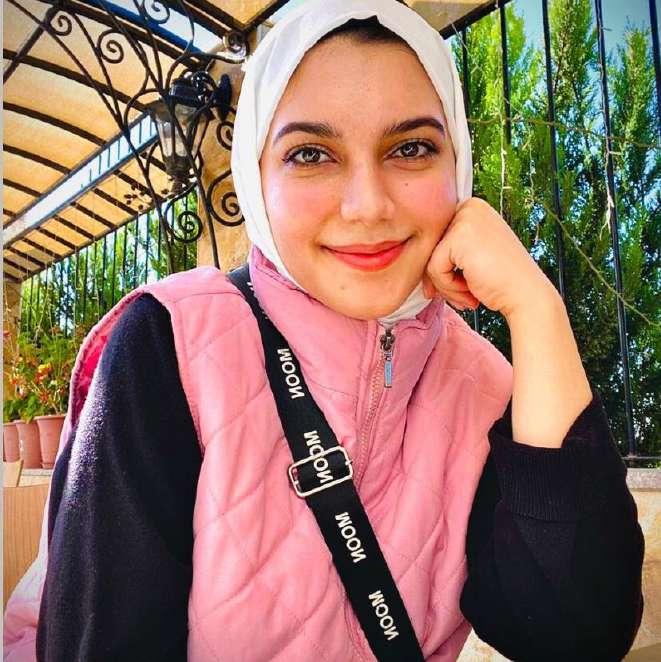
Heba Momani
In January 2015, Paris witnessed the largest rally in its histo history, as nearly 1.6 million people, including fifty world lead leaders, gathered to reject the terrorist attack on the office of th the famous Charlie Hebdo newspaper, which resulted in 12 casualt casualties and 11 injuries.
In September 2015, the world witnessed a wave of grief over the image of the drowned Syrian child off the coast of Turkey. The world sympathized with him, and his picture spread on all news channels and social media.
Each year, America commemorates the painful anniversary of the Sept. 11 attacks, honoring the 2,977 victims of the devastating assault. Not only that, this attack is considered the icon of terrorism in the world, which left behind a lot of pain and blood. Today, there is no speech made against terrorism without mentioning the Sept. 11 tragedy.
International sympathy for human rights' violations is essential to the pursuit of empowering these rights, and there are many memorable examples of this sympathy as mentioned above. However, thousands of victims die in Palestine, Syria, Libya, Yemen, Iraq, and South Africa due to wars, famines, pollution, and the absence of the most crucial basics of life. Unfortunately, the world has not taken a firm stand against these violations so far. The world did not shout slogans in defense of these genocides. Instead, people preferred silence and condone, although the extent of the damage in these countries is more massive.

But what is the reason? Why does the world condone humanitarian disasters and genocide when it sympathizes with humanitarian situations that cause fewer casualties? Are the Arab and African lives less valuable than the life of the European?
Mother Teresa said: "If I look at the mass I will never act. If I look at the one, I will."
Many studies have revealed that the more who die, the less we care! Many people do not understand large numbers. When we see one life, we can imagine their hopes and pain. But 10 million? We can’t!

Heba Momani
There’s a hard limit to human sympathy, and it’s one of the mos most powerful psychological forces shaping human events. Th
Therefore, people exert all possible effort to help "the one" whose whose calamity comes to their attention. These same good people, however, often become numbly indifferent to the plight of "the one" who is "one of many" in a much greater problem.
No one can deny the role of the media in manipulating world events but also psychic numbing has a vital role. For example, when social networking sites raged with global anger over the image of the drowned Syrian child, no one paid attention to the 11 people who drowned with him.
The fact that there is no constant value for human life is extremely painful as psychic numbing can make us monsters with contradicting standards. However, there is still a glimmer of hope. Raising awareness among people about this problem may make us wiser in dealing with humanitarian issues and wiser in promoting the suffering of different peoples and races so that the world interacts with them more and more.
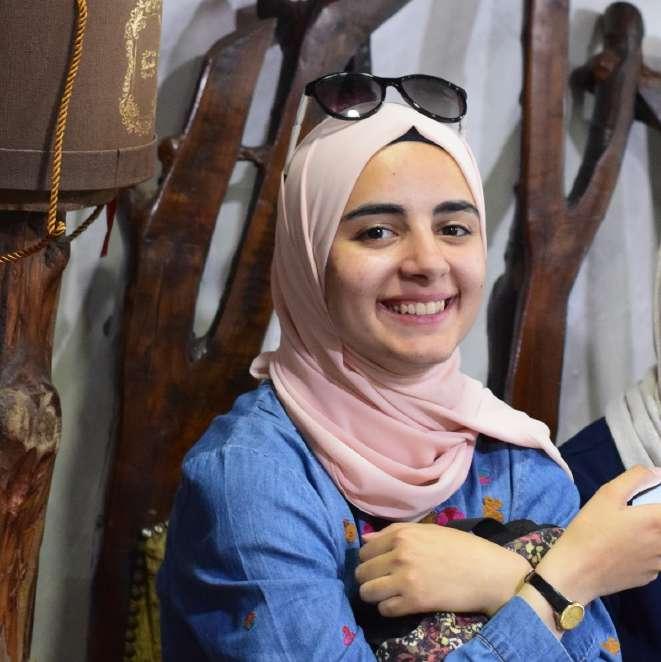
Sondos Saleh
In a world where we need to talk and shout for our rights
000 to be heard, it is our obligation to raise our voices, unite our 00 strengths, and talk about causes that matter.
A As women living in male-dominant communities, we are being overlooked and dismissed daily in every aspect of our lives, and the issues related to us are usually ignored. The continuous lack of recognition of specific women’s rights is a huge obstacle to our improvement and increases the injustice towards women in our societies.
It is needless to say that maternal rights are human rights, and it is deeply linked with the fulfilment of all other rights, thus acknowledging the significant value of mothers is crucial for our ability to survive and thrive as species. To put it simply, healthy happy mothers make for healthy and happy communities.
The first thing that is usually forgotten when talking about maternal rights is the right to have or not to have a child, it is important to shed some light on it even though it is not directly related to “motherhood”, but from the way I see it, the first step in “maternal rights” is having the choice of being a mother or not.
Some communities and cultures put alot of pressure on women to have kids, and it could reach to a point where they shame them for their decision. Becoming a mother is not confined to pregnancy and birth only, adoption is also a way to experience motherhood, and again it is your choice.
Now, whether you are an expecting mother, an existing mother or an adoptive mother, this conversation is going to take a turn to be more specified for you. It is fair to say that you have the right not to be separated from your child and to be able to give them the care and nourishment they need. As I said, one of the ways to motherhood is by getting pregnant and giving birth, and those processes should be healthy and positive experiences for both parents and especially the mother.
The right of all mothers and their children to have access to the same high quality of care, regardless of their nationality, race, age, religion, or immigrant status should be stressed upon, and providing this care is our responsibility as communities to ensure their rights.

Sondos Saleh
During the process of care, mothers should have the right to c to choose their health providers, their plan of care and for their their wishes to be respected, and not to forget; their privacy and and dignity as well.
A very significant topic that needs to be addressed is childbirth abuse and educating women about their rights is one of the ways to prevent it and raise the awareness.
Childbirth is a major event in every mother’s life, and it should be a positive experience where the mother is comfortable and safe. Choosing your healthcare providers including the doctors, nurses, midwives,..etc is your right, do not hesitate to ask for a change if you are uncomfortable. Deciding your birth plan is totally up to you, after discussing it extensively with the specialist and choosing what is suitable for you and your medical status. Unless there is an emergency or a harm on you or your fetus your plan must be respected.
Sadly, many birth plans are being neglected without any medical necessity. Painkillers administration should run by you, you can ask for them, and you can also refuse them and it is your right to ask for explanation and reasons for their use. An important thing to notice that no one can do any procedure without your consent, and you must be on board with what your health providers are doing.
Having a birth companion is also your right, you do not have to go through the birth alone with no emotional support. Unfortunately, some women experience physical and mental abuse during labor, this is a serious issue that will affect the woman’s health during an after the birth, and in this case, your birth companion -if you have one- must interfere and you should file a complaint later to ensure your rights. Your newborn should not be immediately taken to the nursery -unless there is a medical indication-, it is your right to hold them and maintain the contact as it is important for your bond and breastfeeding later.
Remember that it is your body and anything that may invade your safety, dignity and privacy is not acceptable in any way. Talking about women’s rights is an ongoing conversation everywhere, and addressing maternal health is crucial for maintaining a healthy and safe environment for mothers. Eventually, motherhood is one of the greatest roles in life, and one of the hardest jobs in the world, and the least we can do to show appreciation is to make it an easier journey for all the mothers out there.
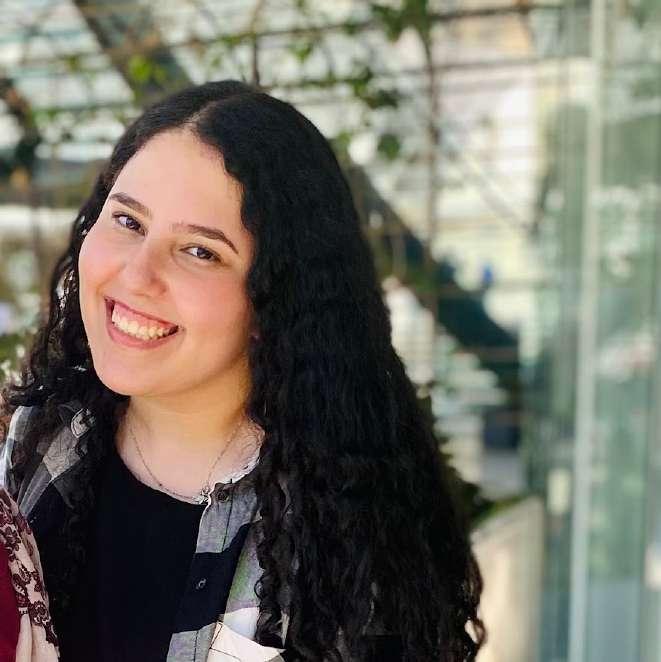
Zeina Miqdadi
Our life is a constant fight, a fight to get what we want. spe We spend days at our 5-9 jobs to get paid for our hard wor work, and then back home we look at our clusters of bills 000 on the kitchen counter and realize we have electricity, water, food food, and healthcare bills to pay. We spend our lives fighting for simple rights, we spend our lives fighting to live.
And while this corrupted system itself is an abuse of our rights, there are places in the world and certain groups of people being stripped of their basic rights because they are of a different race or religion, want to stay in their homes and lands, or because of a certain political agenda. Today, I want to focus on the savage robbery of rights and oppression going on in Palestine.
To begin with, I think we -humans- are like birds, we long in a certain way to spread our wings and fly, we simply cannot fathom the idea of living in a cage without our freedom, without being free to hug our family and without the ability to breathe in our home’s oxygen. And without a doubt, the Palestinian people own the most clipped wings.
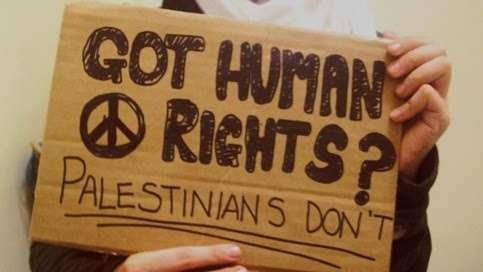
First of all, liberty -which is an essential human right- is being abused in vast ways. Starting with the Gaza Strip; as the Israeli blockade not only detains the population’s freedom -literally locking its people in a cage- but also limits their access to healthcare, causes food insecurity and many materials—even essential ones—cannot enter the Strip because of Israel’s claim that they have dual civilian-military usage.
In addition, the electricity crisis going on in Gaza for decades limits the strip's reach to essential services including water and sanitation, and also severely disrupts the Strip’s economy. This year Gaza witnessed one of the most brutal Israeli bombings it ever has, which resulted in 248 deaths including 66 children and more than 1,900 people wounded.
Second of all, Administrative Detention -in which a person is placed behind bars for months or years without him even knowing what he’s accused of and without a trial- itself is an abuse of Palestinian human rights.

Zeina Miqdadi
A UN expert says:” It is a penal system that is ripe for abuse abuse and maltreatment.” Besides, in an Israeli jail, Palestin Palestinians experience harsh conditions and treatment includ including denial of family visits, prolonged solitary confine co confinement, beatings, and torture in interrogation. For example, Rearrested prisoner Zakaria Zubaidi has been severely tortured and beaten up during interrogation causing a broken jaw and two broken ribs.
Last but most certainly not least, The state of Israel was built on apartheid, war crimes, genocide, and ethnic cleansing; which in definition is:” the attempt to create ethnically homogeneous geographic areas through the deportation or forcible displacement of persons belonging to particular ethnic groups.” The brutal occupation and the wars of 1948 and 1967 led to the displacement and creation of over 7 million Palestinian refugees scattered all around the world who are denied the right to return to their historic homes while some villages no longer even exist because they were destroyed.
The ethnic cleansing continues to be embodied through the 2021 forced evictions in the Sheikh Jarrah neighborhood in occupied East Jerusalem and Silwan.
All in all, Nowadays Palestinians have established a good base on social media to shed light on the cruelty of the occupation and draw the attention of the world’s human rights organizations. For example, Mohmmad and Muna Al Kurd- two Palestinians who transferred the Sheikh Jarrah neighborhood eviction case to the world- have been named two of the 100 most influential people in the world in 2021 by TIME magazine!
And as it’s said:” It’s free Palestine until Palestine is free”.
Resources:
1-The United Nations Office for the Coordination of Humanitarian Affairs website (OCHA).
2-Al Mezan Center for Human Rights website.
3-Gaza attacks Fear, finality, and farewells as bombs rained down. - Al Jazeera website.
4-B’Tselem – The Israeli Information Center for Human Rights in the Occupied Territories website.
5-“UN expert calls for Israel to end the practice of administrative detention and immediately release Maher AlAkhras.”- The Office of the High Commissioner for Human Rights.
6-BEYOND THE WALLS- Palestinian Remix by AlJazeera Media Network 2015.
7-‘Re-arrested Palestinian prisoner has been tortured’: Lawyer- Al Jazeera.
8-Ethnic cleansing (war crime)- Britannica
9-Palestinian refugees and the right of return- The American Friends Service Committee (AFSC).
10-From Sheikh Jarrah to Silwan, Israel’s ethnic cleansing goes with impunity- The Jordan Times.
11-THE 100 MOST INFLUENTIAL PEOPLE OF 2021- Time Magazine.
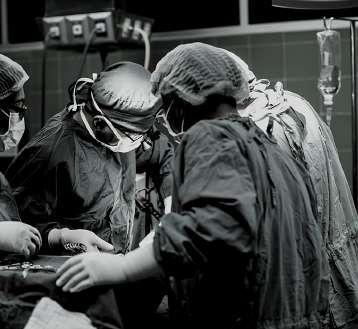
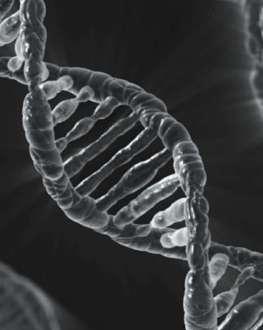



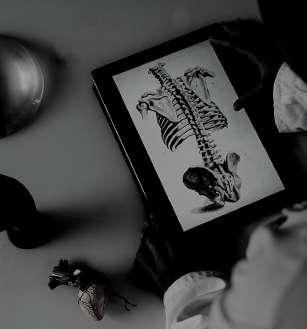
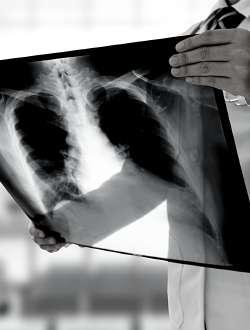
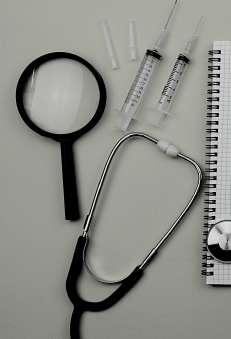
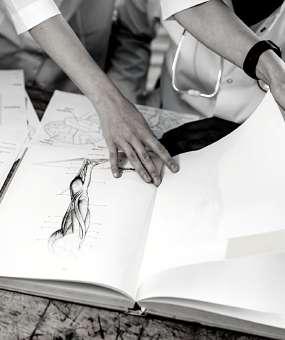

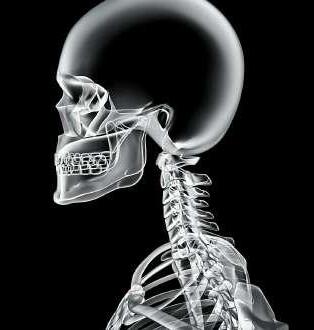





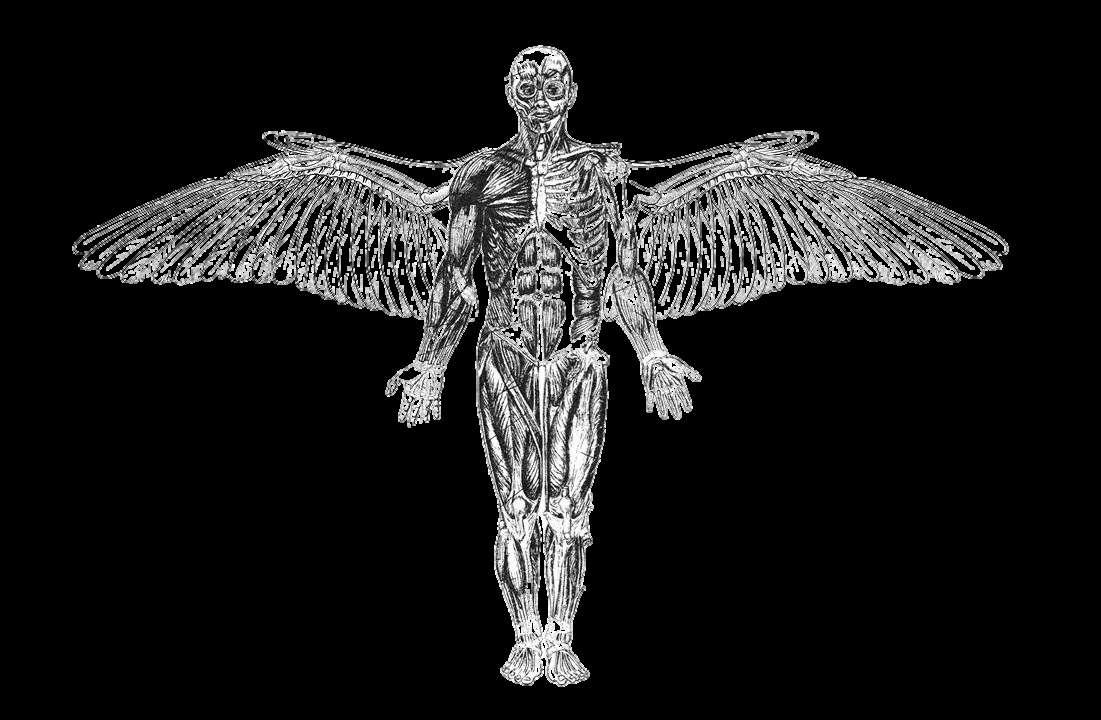
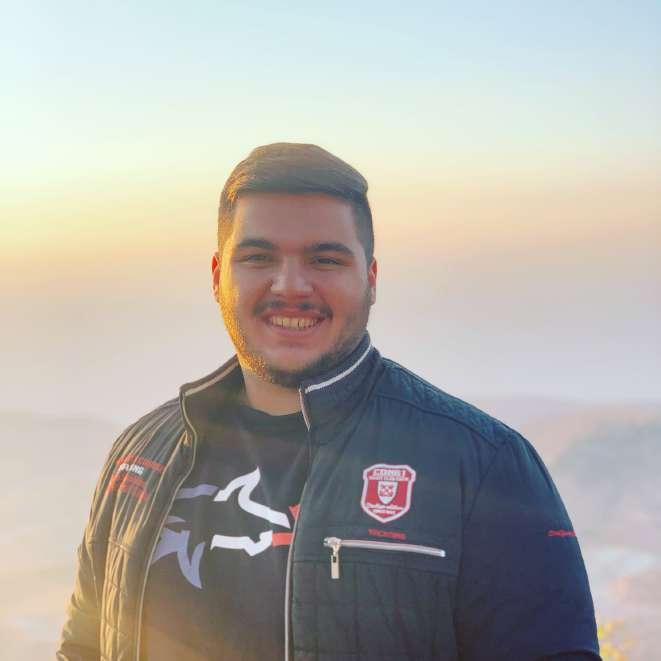

Sara Rahahleh
Believe it or not, having a “life” in medical school is possib possible.
There always could be a way to balance between your social life life and medical life, too. It all depends on whether you manage your time well or not. Although half of your time will be spent studying and memorizing syndromes, diseases, and their treatments; a solution can always be found to deal with this situation.
First, you must bear in mind your commitment to studying in this faculty and that your passion and love for it is the only driving wheel that will lead you to the finish line. On the other hand, medicine students' concerns about losing their social lives is a wrong way of thinking. With time, you will learn how to balance your studying and enjoy life as well. This stereotype about medicine students' life needs to be modified and radically changed, because it reflects negatively on students' psyche.
As a student in the medicine faculty, I would like to share some tips that have personally helped me in organizing my time.

Firstly, create a calendar and a daily schedule that will give you control over your life and allow you to do your best at work. Secondly, identify your learning style. This helps you know the most appropriate way of studying, whether you prefer using technology, or studying from books and notes. Thirdly, maximize your healthy habits; because self-care routines are essential for optimal functioning at university. Make sure to build in time for regular sleep, exercise, and prepare your meals daily. Build on a "cut-off” time habit to switch your focus to self-care.
To conclude, I believe that each person should have their own experience in this journey without depending on other experiences and ideas, because each person has their way of life and own circumstances. Consequently, create your own experience, get to know as many friends as possible, and participate in all university activities that could interest you.
Resources:
https://medical.rossu.edu/about/blog/how-to-balance-medical-school-and-life
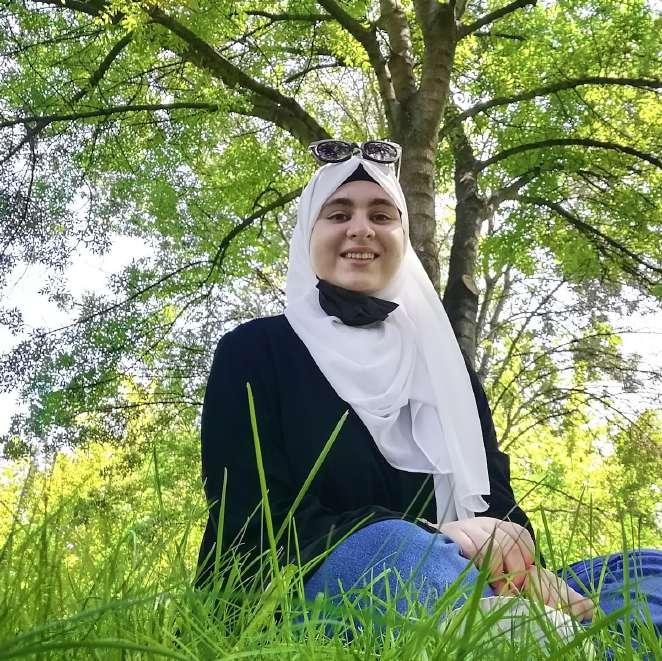
Dalia Samara
They say whoever has a dream should carve a way through through, but oddly enough, I found myself carving the way regar way regardless of whether it was my dream or not. I still don't don't know why I chose medical school, but what I do know is that that I found no other place for myself except here, in the depths of hell. I didn't go into it blindly; being blessed with catastrophic thinking, I knew exactly where I was heading, what I was signing myself up for, and what to expect, but I bet you can't always expect the entirety of it.
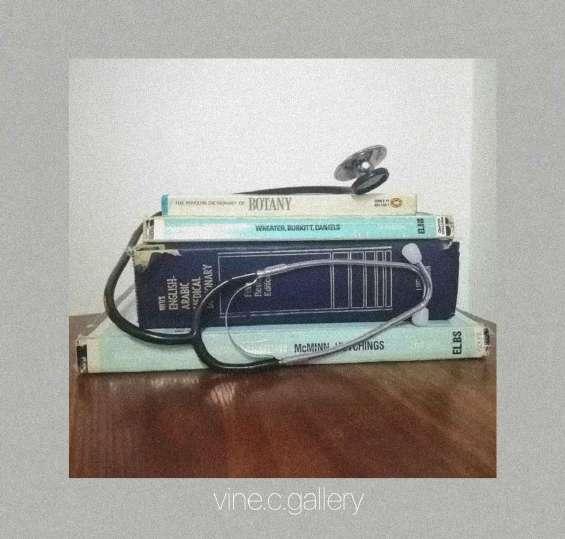
My experience started from being excited to achieve something that has a certain level of impossibility, to being frightened out of my wits. Everything went fine, until I discovered the loopholes and the weak spots; struggling mentally was an added load to the mountain that was medical school. The transition from wanting to learn, and consume the knowledge of centuries, to hating the idea of opening my laptop to study was so disheartening, that I often found myself lost in whether this was really meant for me, or if I was treading dangerous waters. Not being able to retain information, dysfunctional memory, 0% of will or motivation or any kind of discipline, all looked like arrows only leading me further into a downfall.
I've seen myself fail like I've never had before and as someone who felt defined by grades and achievements for the past 14 years of education, it left a permanent scar in my faith in myself, coupled with disastrous, anxious thoughts, I knew for sure that I was done for. Medicine became more of a nightmare than a dream, especially when the pandemic hit. I, and most other students, were struggling to even pull through, yet the odds never seemed to be in our favor.
However, for some reason, I still held on to the hope that I could make everything work, at least a bit of it, that I will be able to recover and save whatever could be saved. Medical school keeps proving itself to be both my Kryptonite and Infinity Gauntlet. Despite narrowly passing semesters and having mental breakdowns every five seconds, I found that I could only ever be something great through medicine, not with the status but with knowledge. Something about it being difficult forces you to challenge it, and with all the failures, I've found myself growing in so many aspects; mentally, socially, and emotionally.

Dalia Samara
I have little to no medical knowledge to show off, but still still being able to dig through the information and understand it gives understand it gives me the feeling that I can do it, that it is po possible, that maybe, cliche as it is, there is light at the end of the the tunnel.
I've learned well that medical school is a long, long journey, a full-course meal of experiences, of ups and downs (with the balance slightly off) and of endless searching for meaning and purpose. It isn’t about finishing 6, 7 or 15 years, it's about the never-ending stream of giving. It's gruesomely humane. The show is ongoing, it never stops, it never slows down, it never gets easier. It is as dramatic and exhausting as everyone makes it out to be. It is a path to be carved with blood, sweat and tears.
What I have learned is that through this journey you'll have to drop the act of being your own enemy, and start nurturing yourself -mind, body, and soul-, you'll have to make your way through the dirt to build a life, to reach out and communicate with the world around you. You'll have to drag yourself out of your own misery, with your own scarred hands and open a book. So, my advice would be to engage in crafting a lifestyle that supports your experience in medical school, because it's not temporary, and build discipline and skills that help you survive it.
Lastly, try to romanticize the life out of your odyssey, pave your way in footprints unique to your experience and don't forget to breathe (and look at some memes while you’re at it).
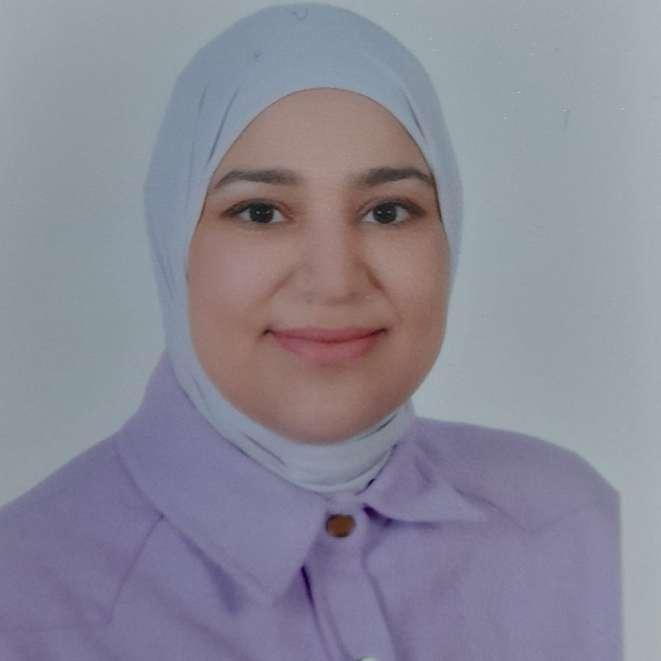
Boshra Attiya
So, I don’t have that perfect story where I say I have drea dreamt of being a doctor, if I can remember, it’s the other way a way around. Growing up I thought of lots of jobs and specialti specialties but being a doctor wasn’t one of them, then suddenly suddenly I graduated high school and I found myself seriously considering medicine, being filled with questions about everything, and having a passion for many things in life I felt like medicine is the right path for me.
It’s safe to say that I knew there won’t be playing around and entering this major means a huge responsibility so I wasn’t fanaticizing about it and saying I will have the time of my life, but nothing prepared me for mental and physical pressure that I would be facing for the years left for me as a student. Everything was new to me, starting from finding new ways to study because school is nothing compared to college, catching up with doctors lectures and notes here and there to the countless exams which some of them left quite a big scar in me, you see all of these combined made an unbearable pressure for me as a freshman still trying to figure things out and trying to be mature at the same time and not embarrass yourself in front people you don’t know. In these times it’s important to reach out to people who would listen to you and understand your problems.

Med school changed me in a lot of aspects some are good, and some are bad, it made me more disciplined and responsible towards myself and my family, also I learned how to manage my time and be more efficient in getting things done, on the other hand, I turned into an introvert who doesn’t like to get out of home and prefers to stay in and study and it made me stressed most of the times but as I finished my first year, I realized that I don’t have to do this. I can be productive and have my own time. Joining clubs and organizations in the university like the IFSMA helped to take my mind off study.
Being a medical student taught me lots of lessons and I believe the most important thing is that being a straight A's student doesn’t matter as much as ethics do and being respectful and down to earth with your colleagues and professor, and as long as you are doing your best and working hard it’s all right. So, take it easy on yourself when you do bad and work harder next time.
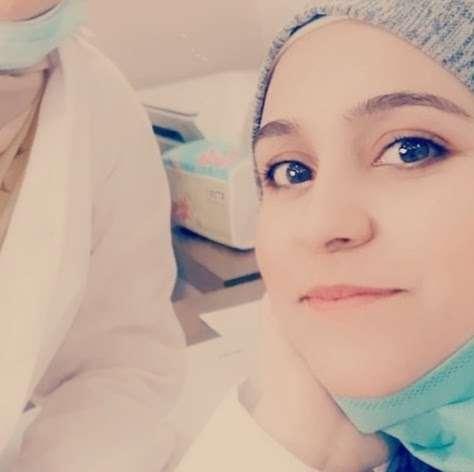
Lujain Bani Sakher
Let's take you back to your first year in med school, on that that day while you were sitting on that bench in this crowded crowded hall ( in a Zoom lecture with many participants). 000 The doctor asks, the students around you answer. Some of the 000 answers might seem great to you, unfortunately, they haven't crossed your mind!... Strange thoughts and feelings, a voice inside your head says: Everyone here is way more amazing! Are you amazing, too? Are you smart enough? Maybe you do not belong here! You just got lucky!
Your scenario may vary, but the question is: Have you ever felt that everything you have achieved (and here the concept of achievement varies from person to person, it may be something simple or very great) was just pure luck?! (See pic.1)
Something like imposterism! Yes, imposterism.
Imposterism is a phenomenon in which individuals distrust their abilities and accomplishments despite evidence of success and competence, and fear they may be exposed as an “imposter". In medical students and residents, the imposter phenomenon occurs in nearly half of females and one-fourth of males, with the intensity of imposter feelings varying across the course of medical training. It is especially likely during periods of the life transition, periods like 1st and 4th years in med school. In one experiment done in 2018, that use Imposter Phenomenon Scale (CIPS), medical students identified most strongly with items related to unfounded fear of failure, hesitance to share recognition before it is announced, remembering failures rather than successes, perceiving themselves as less capable than others, and worrying about succeeding. They also unconsciously overcompensate with crippling perfectionism, overpreparation, maintaining a lower profile, withholding their talents and opinions, or never finishing important projects. When they do succeed, they think: Phew, I fooled'em again.
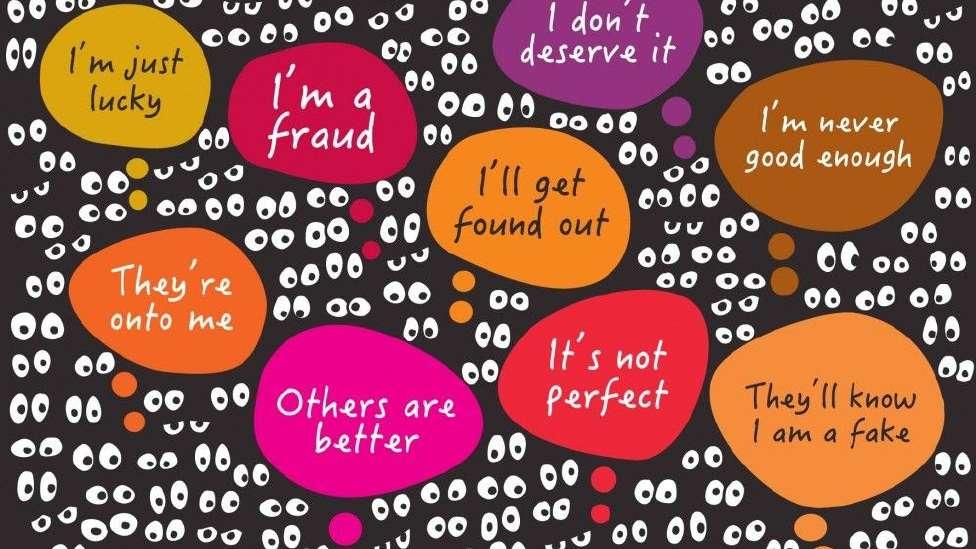
In another experiment done in 2004, 175 medical students during the transition from the preclinical to clinical phases of their training undertook an integrated, case-based, short-essay, formative assessment.

Lujain Bani Sakher
After the assessment, they were provided with model answ answers and marking criteria. Students marked their asses assesment paper and the paper of one of their peers. Assess Assessment papers were subsequently marked by faculty memb members. The following data were available for each student: self-mark, faculty-mark, score awarded by a peer, and the score that they awarded to their peer. Self-assessment and peer-assessment ability were compared to overall academic performance. The results show that low-achieving students score themselves and their peers generously, but high-achieving students score themselves more harshly than faculty. However, they score their peers accurately. What indicates that the main problem is self-assessment (accuracy ability to accurately assess our competence), which is something related to the Dunning Kruger effect at the middle of the scale. (See pic. 2)
Dunning and Krueger analyzed people's ability to accurately assess their competence. What they found is that the less intelligent a person is, the more likely they are to believe they are good at something, and the more intelligent a person is, the less likely they are to believe they are good at something. Since it's tough to know how hard our peers work, how difficult they find certain tasks, or how much they doubt themselves. There is no easy way to dismiss the feeling that we are less capable than the people around us.
So far, the most surefire way to combat imposter syndrome is to share your thoughts and feelings with trusted friends or mentors, or even peers. People who have more experience can reassure you that what you're feeling is normal, and knowing others have been in your position can make it seem more normal. Just knowing that your feelings have a real name may be more comforting. And that is what I try to do here.
Remember, even people who appear confident can have their doubts. When success comes with increased attention, you may wonder if you can live up to expectations.
References: https://pubmed.ncbi.nlm.nih.gov/16451246/ https://link.springer.com/article/10.1007/s40037-020-00562-8 https://www.ncbi.nlm.nih.gov/pmc/articles/PMC7138782/ https://www.ncbi.nlm.nih.gov/pmc/articles/PMC5116369/ https://www.nature.com/a rticles/s41562-021-01101-z? utm_source=xmol&utm_medium=affiliate&utm_c ontent=meta&utm_camp aign=DDCN_1_GL01_metadata If u wanna know why I chose this introductory scenario, search: Impostor syndrome among Harvard University students

Laila Allathkani
“It is not in the stars to hold our destiny, but in ourselves
ourselves”.
- - William Shakespeare
As medical students, we face many difficulties and challenges, but this should not lead to fear, rather it should make you stronger and force you to learn more and more. Also, there are many ways to study more productively, maybe it won’t work out but what if it does? If you never try, you kill the possibility before it even had a chance. So, if your fear of failure is the only thing stopping you that’s not an excuse!
First, take it easy, make a vision board, make a “To-do list “, watch YouTube videos, take it slow. "Your mind is for having ideas, not holding them!" David Allen.
Now I am going to give you some effective tips:
1-Take notes by hand, this helps you process and reframe information.
2-Test yourself! this allows you to identify what has been grasped and which areas you need to spend more time on.
3- Read out loud / teach someone.
Many students ask questions like how to study faster, how to focus when you study, how to manage time as a student, and other questions about the process of learning, so, time management is the most important thing in a medical student's life. The answer to "How to manage time being a medical student" is to create a master schedule :
1- Stay away from your bed.
2- Listen to music.
3- Making it PRETTY!
4-Drinking water and green tea helps me concentrate I don’t know why, but they do. Try it?
5-Try group studies and here I will give you a secret to stay accountable in your studies:
A-Studystream.com
B-Focusmate.com…etc. I personally think studying alone is more peaceful, but group studies are still an idea!

Laila Allathkani
Work for that moment when you can finally say “I MADE MADE IT”. Also, I want you to remember that you will neve never always be motivated! You have to learn to be disciplin disciplined. Let me explain to you the POMODORO technique 000 that teaches you how to study faster. Focus for only 20-25 minutes. Then, take a break for 1-5 minutes then start again. So, the last thing I would like to talk about is that all of us have the same problem which is forgetting everything we learn right after reading it! You should try summarizing what you studied helps to retain information helpfully when cramming!
When planning your week, set designated study time to prevent procrastination. Also, set small milestones to help increase motivation, and accomplishes more.

You might have a difficult life or you faced tough conditions that held you back but you have to know that real growth starts when you get tired of your excuses. You can trust my words because I passed through tough times the past 2 years, I would rather not talk more about this subject, but I beg you DON'T give up! You will get better, maybe not today. but someday. It’s okay to let go until you find yourself again. Remember that disappearing doesn’t mean running away, being a medical student means you think a lot, you get scared and worry a lot, but you should stop overthinking and just do it. When your mind is wandering and you start overthinking, it could be that you’re not busy enough; that you are either not fully focused on your work or bored by it! Find a way to dive deep into what you are studying, and your mind won’t wander as much so BE busy when you study. Be 100% focused and remember that all you have is now so forget the past, learn from it, and work for your future!
Remember that you don’t have to be perfect so don't underestimate your value. Selfrespect is very important, if you want to succeed you should learn to value yourself. You are your magician. Somehow, somewhere you will get what you deserve! I hope you become the kind of person you want to find in others, just try a little harder to be a little better. Darling!
Take care of yourself, I wish you happy studying.

Committed Yara Al-sweiti
Thoughts of success killing my high anxiety levels, a comm commitment to medicine throughout my entire life, learning learning skills that are changing me into an ambitious docto doctor, these were the things rolling in my mind after finishin finishing my first year of medicine. And this is what my life looks like now, an enthusiastic medical student full of passion and energy.
Entering medicine was a tough journey, it had some great challenges on its own but I never thought that something bigger is waiting for me. Getting the acceptance in this major was my biggest desire and just then I discovered something greater, which is sketching the path to my lifelong medical journey. During my first year as a medical student I learned a lot, more than I expected. I learned to read textbooks, I tried reading research topics, but the thing that I learned most was a skill . A skill that took me from my lowest to my highest. This skill is called commitment. It sounds simple but it took me a year to grasp its true meaning.

When I signed to enter medicine, sounds full of joy and happiness were surrounding me and I felt that I reached my highest. But when I got to live with my medical textbooks for a year, I got to understand that what I signed for was a commitment. It was a commitment from me to every single person in this world, that in the future I will be your guardian and I will be your bright exist after Allah. I learned that I am committed to provide all my skills and thoughts for a person who looks at me as his own protector.
You don't know the feeling when a patient comes to you believing in your skills and knowledge. Medicine deals with people with souls, and diseases with brutal savage actions. Medicine is not like any major in college. Medicine is basically a commitment. I am committed pass through all hardships just to gain the smile of a satisfied patient.

Yara Al-sweiti
Another thing that should be addressed when talking abou about the life of a medical student is creativity. We are learnin learning to sketch our path, you can't pursue medicine just by by memorizing flashcards and reading textbooks. Enrolling in 000 in research and medical activities opens lots of doors in your mind.
We flourish on creativity, this world moves everyday by our thoughts and ideas. Medicine improves each day and that was achieved by the curiosity of great ambitious doctors.
Creativity and curiosity are two skills that I am learning as a medical student, and these two skills should always be present in the life of a medical student.
I finished this year knowing that medicine is something so precious. It has something that we should deeply understand, it is more than a disease that needs to be cured with a dose of medicine. It’s a miracle that we can use, by the help of Allah, to save a life and brighten a future.
I am now ready to be the best version of myself, I am ready to be the best doctor I possibly can. I signed to get this certificate "Doctor of Medicine" and I will stay committed to gaining information throughout my life so then I could be satisfied with the job I assigned to myself.
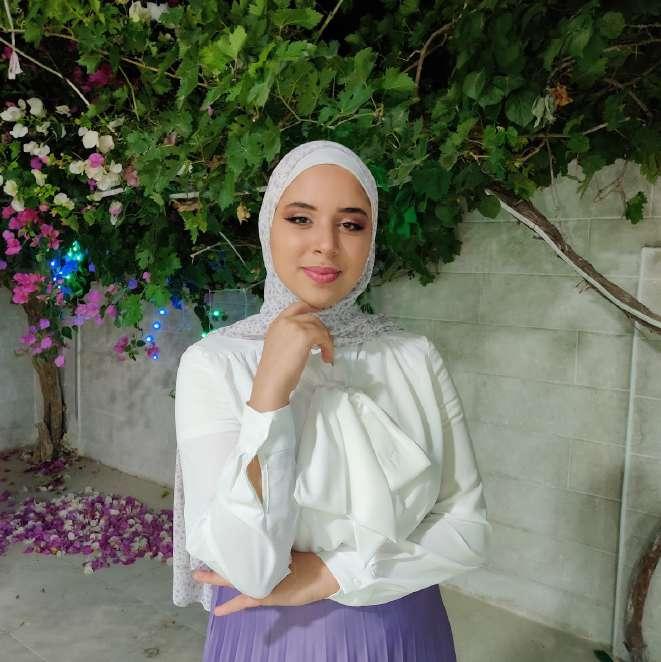
Yara Kasasbeh
Going to Med school is not just a simple choice, but it is a lifes lifestyle that we chose to live until the day we die, and a path that ev that everyone who took it thought it’s going to be the greatest adventure of all; as it changes the way we think, and perceive different things in our lives, from how we communicate, how we make new friends, how to set our priorities in life, and more importantly how valuable the things we learn are; as we know that what we study is not only for the sake of passing a subject, but it is for that day when our patients trust us with their lives, being so sure that we will handle them wisely using our knowledge. So how exactly did my life change so far after entering medical school?
Being medical students has many advantages on our personalities, life skills, selfmanagement and more. I started to be more accustomed to working under stress and in an efficient way; living a life that we have to deal with many variables in it; from the many subjects we have to study to our social life and spending time with our beloved ones. All of that has made a great impact on the way I cope with the stress I go through, and how to maintain a balanced life between studying and social life. Also, the fact that getting so used to all these conditions forces us to accommodate and mature, leading to well productive and innovative lives.
Being under stress continuously has also led to a very important skill that we gained which is time management. We got to the point where we knew that this lifestyle and major that we adopted in our lives requires us to set our priorities as we started to ask ourselves :” what’s more important?” and “ what matters the most” more often, now we know how to evaluate things and decide what weighs more and what’s more important to us, and based on that we arrange our priorities; cutting out all the unnecessary activities and things that don't affect our lives positively, working on our weak aspects and always trying to be better than yesterday; therefore managing our time to the maximum; making every moment in our daily life count from the second we wake up in the morning to the second we go to bed at night.
The value of health is another thing we started to appreciate; as when we learn more about the different diseases in life and how many people are in pain because of them, and the huge numbers that are suffering everyday and maybe even dying;

Yara Kasasbeh
As some diseases cost people their lives, we get the chance to to cherish having a good health; either physically or mentally, af after realizing the blessing we have.
At this point, we start to be more grateful for the things we have and even for the smallest mechanisms in our bodies which are the reason why we are alive and capable of fulfilling our daily and basic needs without any burdens.
However, with all that being said, it is known that in any healthy relationship we have to make sacrifices along the way in order to keep this relation going and to reach our goals, so we get to spend less time with our families and our beloved ones; as having so much work, and the amount of studying to do demands us to shorten 'family and friends' time to the point where sometimes we feel so lonely, and we can’t even complain; as everyone has high hopes for us, and expecting us to leave our finger prints on the walls of this world; so we ignore the fact that us humans are social creatures that need to interact and socialize, leaving an unseen disappointment and loneliness hidden deep inside of us.
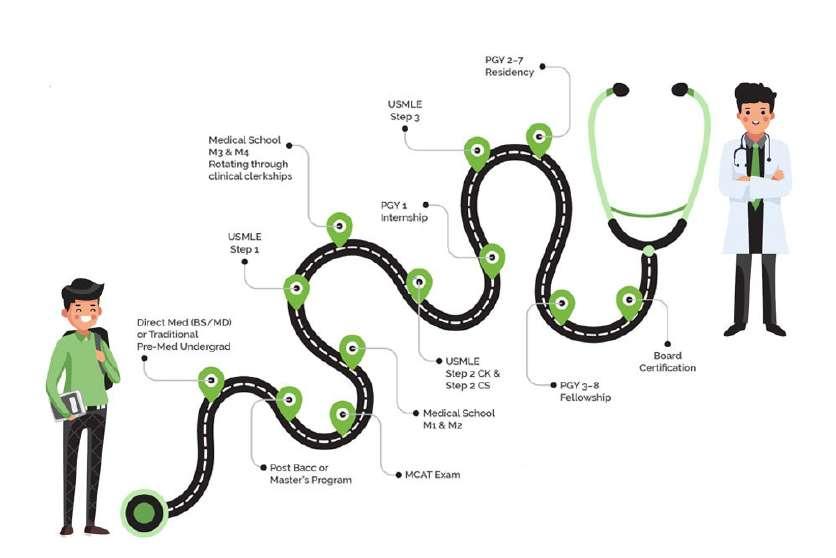
Let’s not forget to mention the mental breakdowns we get each time when stress reaches its peak during exams, while doing research and when trying to follow up with our professors day by day. All these factors lead us to a really pressured state; where we feel so helpless, let alone the self-abasement we tend to do each time we don’t get the exact results that we expected.
All in all, working hard is the key to success and reaching our dreams. I think after these six years of different adventures in the medical field. We will be the strong independent individuals, that we all dreamed of becoming one day, and to be the ones who save the day every single day as not all heroes wear capes but some of them wear a white coat with a stethoscope around their necks.
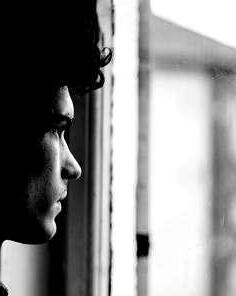








Dana Aleassa
The world is changing at a rate faster than ever. Yet, our our brains face difficulties processing this rate of change, because because of emotional neglect. Emotions are a way of voicing ho how one is feeling, which can be instigated by a situation that a p a person is in or by the people with who he interacts.
When it comes to being healthy physically, we do anything in our power to be fit, but how about our own emotional and psychological fitness? People don’t like the term "emotional”, They tie it with hysteria, paranoia, and irrational thinking. But emotions are what make us human. So, the difference in viewing emotions has to lead to different kinds of people. Some suppress positive or negative feelings towards a particular object or event. On the other hand, some people freely express their emotions.
Emotions are first introduced to us as children by observation, assimilation, and then reaction. Consequently, children process and assign an emotion to every experience they have, whether good or bad. The parents' duty in these stages is to approach and behave in every situation carefully, in a way that a child can learn how to respond appropriately.
According to a study named "The Distal Consequences of Physical and Emotional Neglect in Emerging Adults: A Person-Centred, Multi-Wave, Longitudinal Study"(1), Forcing children to suppress their feelings rather than helping them regulate their emotional needs, is a type of emotional neglect, leading to poor mental health outcomes. Causing risk of negative development in one’s personality, which may result in a person who lacks confidence and may deviate to aggression.
Suppressing feelings can lead to painful consequences that disconnect the person from themselves and others around them, such as having a limited social life due to having difficulties with emotional intimacy and disliking getting sentimental, which makes connecting with others hard and, thus, they can't find someone to confide in.

Dana Aleassa
Additionally, emotionally indifferent people do not acknowl acknowledge or prioritize their feelings, so they brush off and a and avoid any concerns and conversations from others about the about their emotions.
Moreover, a sign of an emotionally repressed person is that he/she is withdrawn and detached and does not know how to deal with his/her emotions, therefore developing excessive mood swings, making emotions come out in a problematic manner and taking his/her negativity out on others.
Nevertheless, suppressing emotions is sometimes required in a situation of prejudice and is of disbenefit. In this case, expressing these emotions is not accepted ethically and legally, and it can lead to damage such as hurt and hatred for one another.
Emotions and feelings are not taught, they come naturally. However, they can be controlled in a way of respect and politeness and not be so outward and forthcoming. That’s where emotional intelligence steps in. It is the ability to perceive, control, and evaluate emotions. Thus, by having this characteristic, you can understand what emotion the situation incites.
Emotions are needed in our daily life. Some are short-lived, like a flash of anger towards your employer, or long-lasting, like grieving for a lost one. Expressing these emotions makes us understand one another and influences our life decisions. They are necessary tools for us to survive in our society and are what make us human. They cannot be suppressed and ignored, no matter how unjust and ungrateful they are. Expressing your emotions will allow you to share the best of yourself with others but suppressing them will reveal your worst.
Reference links:
https://www.ncbi.nlm.nih.gov/pmc/articles/PMC5282706/
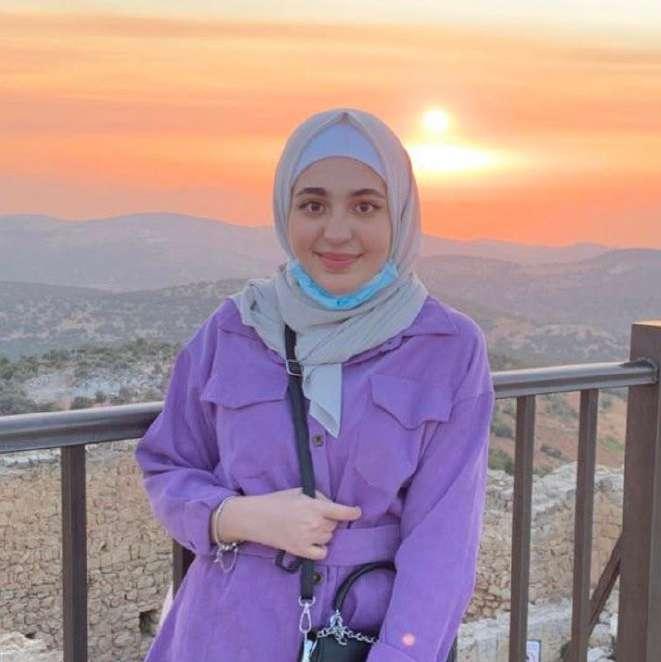
Ghosson Otoom
Us humans, we are a mass of emotions; both positive and nega and negative. It’s like blood flow; if we express them in a healt in a healthy way they will flow perfectly. Otherwise, they may may clot in a way we never imagine. So, the goal is to know the impor importance of expressing your emotions and the effect of them on your mental and physical health.
Poor expression of emotions impacts your health in a negative way. It weakens your immune system's ability to fight off antigens and causes high blood pressure. So, you will be more likely to get infections and coronary heart disease. Your digestive system will be affected too by inhibition of digestion which causes ulcers. Also, stress upsets the body’s hormonal balance and lets you lose control over many things in your life.
Stress plays a crucial role in increasing blood cholesterol levels leading to clotting. According to many scientific researches, people with emotion- related disorders are more likely to have decreased telomerase activity which mean their cells will be inactive, stop dividing and die!!
Even if you don’t want to talk to anyone about your emotions; you can write, express and draw them in a notebook in any way you want without judgment or embarrassment. This will help you move on and turn the page. Try to think before suppressing your emotions because this won’t make them go away or disappear.
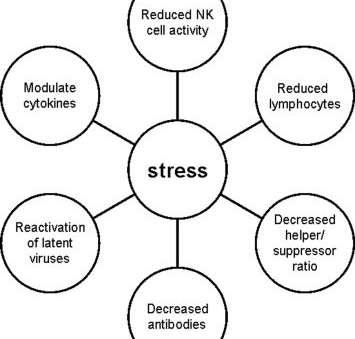
It's important to recognize your emotions and be aware of the effect they have not only on each other, but also on your body, health, and relationships. Always remind your self that your health should come first.
References:
**https://www.sciencedirect.com/science/article/pii/ S030645301000243X
**Emmons, R.A., McCullough, M.E. (2003). Counting blessings versus burdens: an experimental investigation of gratitude and subjective well-being in daily life. Journal of Personality and Social Psychology; 84(2):377-89.
**Epel, E. S., Blackburn, E. H., Lin, J., Dhabhar, F. S., Adler, N. E., Morrow, J. D., & Cawthon, R. M. (2004). Accelerated telomere shortening in response to life stress. Proceedings of the National Academy of Sciences of the United States of America, 101(49), 17312–5.
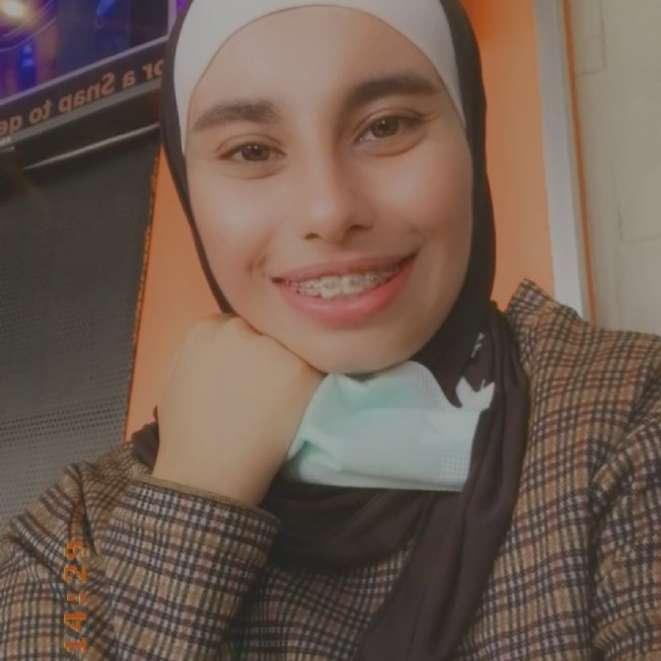
Farah Mohammad
A novel hypothesis that identifies emotions says "Emotion "Emotion categories are abstract and conceptual, whose instan instances share a goal-based function in a particular context but are hi context but are highly variable in their affective, physical, an 000 and perceptual features”). Emotions, a major thing that identifies us humans, Emotions express our needs from early childhood and develop as we grow older to become more deeply sophisticated and meaningful. However, not all emotions are easy to handle, sometimes we see red or feel blue in an exaggerative way that could lead to physical damage such as self-harming or even could lead to developing signs of hypertension. Do we express such emotions at all times no matter what to avoid physical stress ? Or should we keep them to ourselves and handle the consequences alone ?
In my opinion, a kind of the go between the two statements is a possibly convenient approach. For example: one can express sadness to seek help and comfort from a loved one, it is okay also to shed some tears as it aids in reducing painpsychologically and physically- due to oxytocin and endorphin secretion upon crying . However, make sure that the act of crying isn't overly used. You can’t cry everywhere and in front of anyone as it could affect your social image!

Not everyone accepts crying as a way to reduce negative emotions so be aware. On the other hand , for most people, anger could be harder to deal with than sadness or other negative emotions, and surely expressing anger whenever it is felt is easier than holding it in, but don’t forget that angry attitudes bring many conflicts and troubles especially in serious situations, leading generally to no rosy outcomes. But we still need a space to blow off the steam, don’t we? In order to maintain a stable and healthy mindset to back you up against anger, you can try doing some workouts like running, weight lifting, martial arts, or even just going out for a walk in the park or anywhere away from noise and breathing fresh air could be a great way to restore mental balance by thinking about the reason that made you angry and re-evaluating it, it might not be worth all the madness eventually!
Lastly, I would like to say that from a certain point of view, life could be a great blessing for everyone given the chance to live it. What could be better than a chance to express your entity and existence to the fullest?
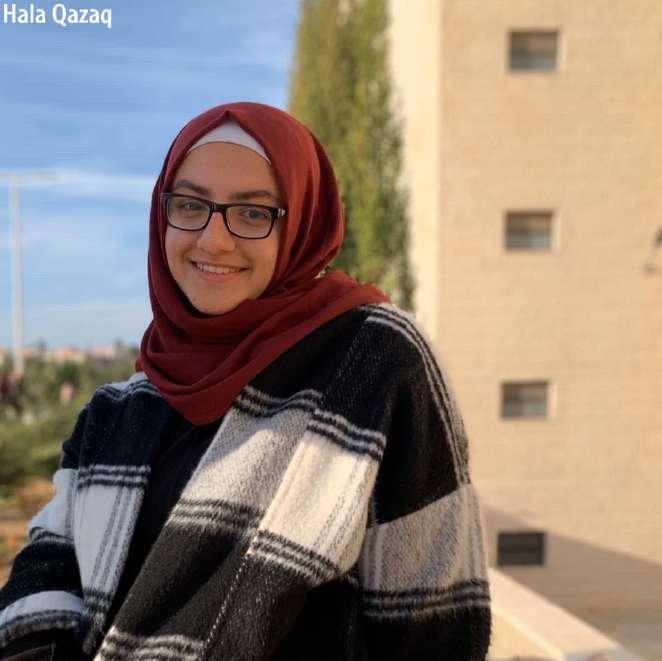
Hala Qazaq
People all around the world can lose an organ, a family memb member, can lose their houses, or lose electricity and water but t water but the only thing that we can't lose are our hearts unles unless we die. This pumping red machine keeps on sending 000 messages that give us the feeling of happiness, pride, sadness or even disappointment. Since each one of us has the right to feel, why do we suppress our emotions? Or overexpress them to people who don't deserve them? And what if our feelings are wrong due to our wrong perspective?
There are so many different aspects of emotions, and they are: the feeling itself, the cause of that feeling, the time of expressing and for whom to express. They are all actually important but in my own opinion I would go for the feeling itself. Feelings may be happiness, sadness, pride, disappointment, love, hate, comfort or anxiety. Each one can give you a lesson depending on the situation. For example, subduing your anger can improve your mind and emotional control so you don't lose your temper. While expressing your happiness can lead to pride which leads to more and more achievements.

Human beings are simply a body and a soul. Simply, our souls are the controller of our bodies, they feel something then behave accordingly, then feel again and so on. Isn't it worthy to express those feelings?
That's why psychiatrists are here. If we don't express our emotions they will blow up and end up with shrapnel. Each one of us has a struggle that engages their mind and unconsciously steals their precious time, and that can be easily discussed with others to be solved . Expressing is not just talking about things verbally. If you're sad, crying can be a form of expression, and if you just achieved your meant goal, scream out, and be proud. Don't ever think of killing your emotions, it's really the only thing that can't be taken by others. Take advantage in that your feelings belong only to you.
How about suppression ? Why do people bury their feelings? Well, so many scenarios would exist. Just like how piano keys are sharp, kind, and hoarse by moving from right to left, how they are black and white, people are like that.

Hala Qazaq
-We will deal with so many different people, some of
0000 them have the potential to hear all your different problems
00 and feelings, while on the other hand, many of them are 000 already busy with their own lives and problems, even in the
000 same family. This is not the only obstacle, the feeling itself can make you hesitate to express it out! And in this case, you may find it easier to get through that by talking to foreign people, so they won't judge you or label you as a stereotype. Finding an available person to hear you may be hard except if it's a psychiatrist, even then, it is financially hard.
Avoiding talking about your emotions can be fixed purposely or repressed unconsciously. This is well-talked about in Healthline online magazine [1]. The other main difference is that suppressing your feelings can be a self-decision after processing them. This would be a short-term solution but it will unfortunately come with psychological impact on the long-term, but repressing feelings can occur due to difficult childhoods involving domestic violence, and this is extremely serious.
In general, both suppression and repression of emotions have a bad impact on health as concluded from a cross-sectional study which was done and resulted in a potential relation between elderly males with chronic diseases and management of emotions, as they can minimize negative psychological symptoms and improve the clinical picture of the patient. This is published in the National Centre for Biotechnology Information in the National Library of Medicine [2].
Both expressing and suppressing are hard for the person themself , but according to mentally and physically healthfulness and according to my own opinion; it's way better to express your emotions by choosing the most optimal time and the most suitable person. So, invest in your life by expressing your emotions and let everything in the pathway you feel comfortable in.
An Austrian neurologist called Sigmund Freud once said: "Unexpressed emotions will never die. They are buried alive and will come forth later in uglier ways."
Sources:
[1]. https://www.healthline.com/health/repressed-emotions
[2]. https://www.ncbi.nlm.nih.gov/pmc/articles/PMC5992894/
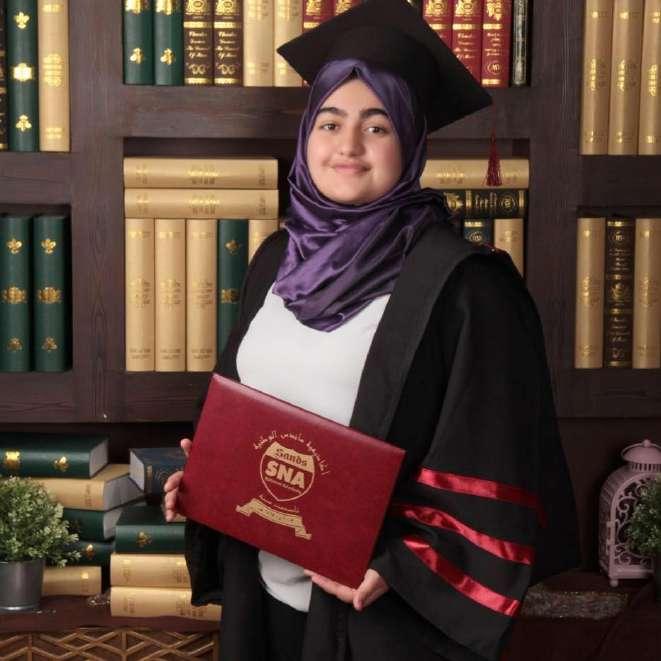
What are emotions?? Feelings we develop as a reaction to what ha what happens around us or within us. Do we possess them?? Yes, s Yes, since most of our actions and decisions can be driven by our emotions, hence, we are different from any device we create although we might share similar knowledge.
Some people count emotions as a weakness so they always try to cover them and never admit them, and even try to stop feeling. Others show their emotions no matter what situation they are in and as a result, they are usually disadvantaged. Emotions -like any other weapon- can serve you or be used against you. Moreover, wise people do express negative emotions and do suppress positive emotions, it’s all about “WHAT’S THE OUTCOME?”. Accordingly, I have divided some common outcomes into when emotions should be expressed or suppressed.

1) Show your concern and care toward loved ones.
You live in a life surrounded by people you hold dear; either your family, friends, classmates, teammates, or others whom you interact with frequently. People aren’t machines whom you should always treat with seriousness and by rules with no exceptions. Expressing your gratitude and appreciation towards who really help you or are there for you will benefit you in your future, if not present. Expressing your sadness, worry, anger, or guilt whenever you lose a dear person or if he/she is suffering isn’t harmful unless it comes out in excess resulting in hurting them or yourself, and by then it would defeat its purpose. In the other hand, your close ones might prefer certain kind of emotions expressed whenever they are in trouble. For example, they might choose that you express happiness and cheerfulness over worry and sadness, or humor and excitement toward unrelated subjects as distraction from what they are feeling inside. As long as the purpose of helping and caring for them is achieved, then you better not suppress those feelings specially if by expressing them you would point out that you understand them. For strangers you don’t know, make sure to express the obvious emotion depending on the situation without being too much.

2) Relief and confessions
Now Now, this is about dealing with yourself, particularly what you feel within your soul, including all types of emotions. If expressing your anger and frustration can help ease the pain, then you should let them out, not bottle them up. Choose the right timing and towards trustworthy people who would heal you rather than enrage you.
3) Emphasize and persuade
If you are trying to convince others or get them to agree with you, depending on the matter at hand; expressing your emotions would benefit you. For example, happiness and pride toward your achievements and plans would make people join you and take you in. Expressing anger and sorrow when informing people of serious tragic events occurring for them to participate for a better future; will lead you closer to your goal.
4) Reveal part of yourself
In general situations that don't demand suppressing emotions as what I will explain later, expressing your true emotions toward various matters while making friends, building connections, or dealing with strangers, would unravel what kind of a person you truly and simply are, especially emotions that would score you points like confidence despite your flaws, carelessness toward unimportant matters, or seriousness when required.
SUPRESS!!!
1) Violence and harmful behaviour
Most of us have come across what too much rage or depression can lead to, as in transferring such excessive energy via aggressive actions, causing harm to ourselves or others just to lessen the rage or distract us from the depression. You better suppress such emotions! I don't mean keeping them a secret and bottling them until you explode but dealing -

with them irrationally inside us or seeking help from the exp experts rather than expressing them, therefore leading to negativ negative outcomes. Even excessive happiness and pride could lead someone to carelessly harm others unintentionally. Harmful behavior includes any action that cause pain mentally, emotionally, or physically. Remember, too much or too little of something whether it is positive or negative would not benefit you.
b) Cloudy judgment and irrational situations
Usually, emotions get in the way of our decisions; especially when we are in intensely important situations where taking the right choice is expected of you due to your experience and maturity. Here, what I mean by suppressing isn’t by hiding but rather to keep them in check within you. For example, when facing an opponent where exposing your anger and hatred toward him/her would allow him/her to use it against you. You won’t suppress your emotions without dealing with them mentally and getting used to not being agitated easily in an exaggerating way.
On the other hand, your judgments of what you expect will happen or what to focus on in tough situations can either get you through the right road or get you off it, depending on if you allow your emotions to get the best of you, hence leading to cloudy judgements without considering the most important or the righteous option. Therefore, you should calm yourself down whenever you are overwhelmed with too many emotions and not let them show since they might discourage or mislead teammates surrounding you. The more you are capable of suppressing dangerous emotions in critical situations, the more it means that you can independently deal with them, hence you will conquer the situation instead of being conquered.
